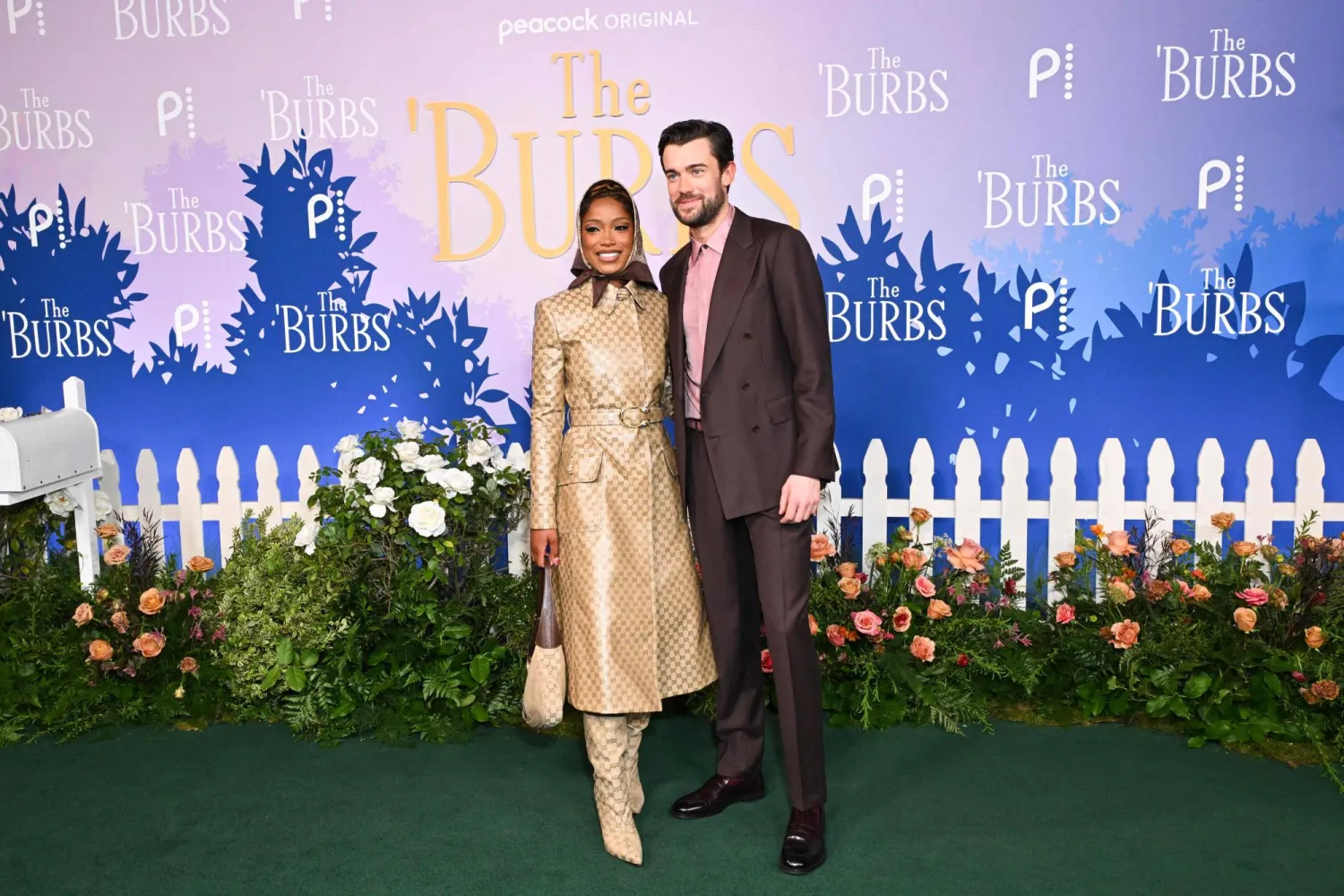Whether they are snipping an actor's lengthy stare, obliging the viewer to process rapid-fire images or creating tension with a pause, film editors who work in sync with directors play a vital role in giving life to a movie -- and its Oscar chances.
"You can't have a good movie with bad editing," Kevin Tent, who is nominated for an Academy Award for his work with director Alexander Payne on best picture contender "The Holdovers," told AFP.
Tent -- who has been part of Payne's filmmaking inner circle for nearly 30 years, including on Oscar contenders "The Descendants" (2011) and "Sideways" (2004) -- compares his work as an editor to that of a chef making a special dish.
After initial filming, "you're getting all these different elements, and you're chopping things and mixing them" to find the perfect recipe to tell the story, Tent explained.
"If you put too much salt in something, it's no good, or if you put too much sugar, it ruins everything," he quips.
For "The Holdovers," which received a total of five Oscar nominations ahead of the March 10 ceremony, Tent certainly found a winning formula.
Payne's film is a touching holiday tale of three lonely souls who end up spending Christmas together at a 1970s-era boarding school -- a crotchety teacher, a cafeteria manager in mourning and a fragile teenage boy.
Tent is vying for the best film editing Oscar with his peers who worked on "Anatomy of a Fall,Killers of the Flower Moon,Poor Things" and "Oppenheimer," the overall favorite for Oscars glory.
Best picture and best editing awards often go hand-in-hand.
For nearly a century, only 11 movies won the Academy award for best picture without also being nominated for best editing. And 40 percent of all best pictures winners also won the statuette for editing prowess.
Director-editor bond
Those statistics show the extent to which editing is indeed the essence of film, even more so than the screenplay or the cinematography.
Legendary directors like Stanley Kubrick and Orson Welles said editing was the key to making a good movie.
"'Movies are made in the cutting room' -- many people say that, because it's there where you really have the time to be creative and think about what the movie is, and what it's going to become," explains Tent.
He worked with Payne on "The Holdovers" for nearly a year.
That gave the duo time to cut more than 30 minutes from the film's run time, as compared to their early cut, and find just the right bittersweet, funny-serious tone thanks to test audiences.
The film has been praised for its use of "dissolves" -- overlapping images that allows a new shot to surface while the previous one disappears -- which help to develop the emotional evolution of the characters or the melancholic beauty of winter.
Such precise work requires a director and editor to be exactly on the same page, which is why many directors have editors they bring from film to film.
Thelma Schoonmaker, the queen of editing with three Oscars to her name, has worked with Martin Scorsese since the start of his career more than 50 years ago.
Schoonmaker is one of Tent's rivals for her work on "Killers of the Flower Moon," which is also in the running for best picture. She has regularly mentioned in interviews how closely she and Scorsese collaborate.
"He taught me everything I know about editing. Our sensibilities are the same," she told the CineMontage website in February.
'Midwives' of cinema
Editors are usually hailed for their deep technical knowledge and for their ability not to leave their own stamp on the material, as the director's vision remains paramount.
"The editing cannot be noticeable, or branded -- it's really the craft of adapting someone's work," Laurent Senechal, a nominee for his work on Justine Triet's "Anatomy of a Fall," told AFP.
"We are like the midwives -- we accompany them," said Senechal, who worked on Triet's last three films.
Editing "Anatomy" -- a courtroom thriller about a writer accused of murdering her husband, which earned five nominations including best picture, director and editing -- took 38 weeks, Senechal said, calling the time a "luxury" in French cinema.
That pace allowed the pair to carefully master the desynchronization of sound and image, which helps to propel the ambiguity of the film, which depicts the couple's collapse and the unclear circumstances of the husband's death.
When the couple's son, who is blind, testifies in court, the audience sees images of the husband, who is speaking with the child's voice -- did these images occur in the past, or are they false memories?
"Justine is totally obsessive," Senechal said. "Editing is one of the most essential things for directing."









